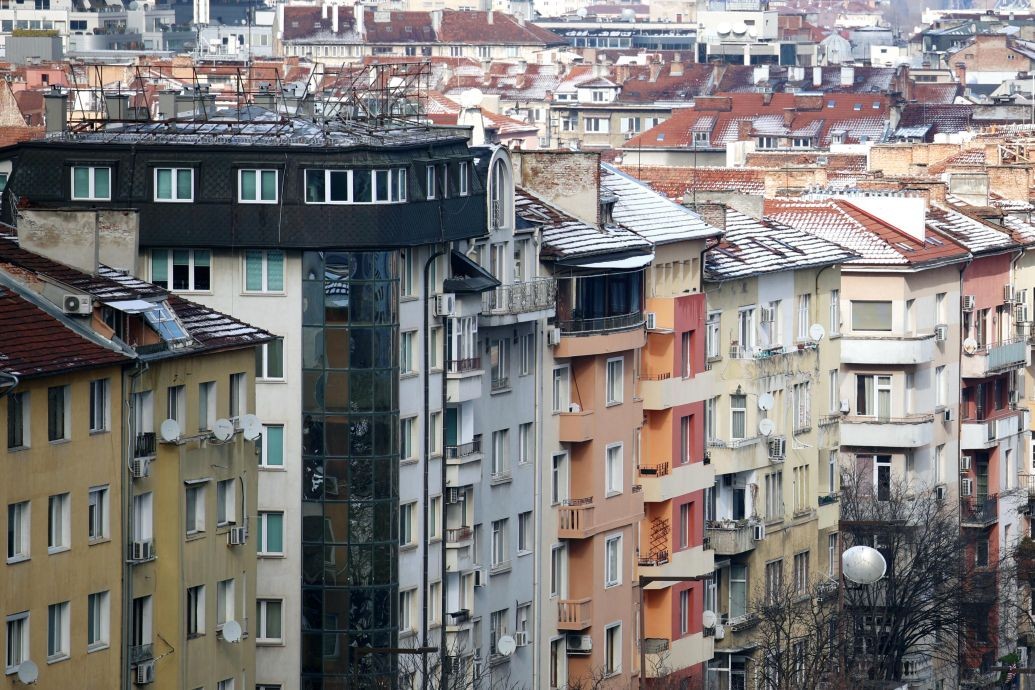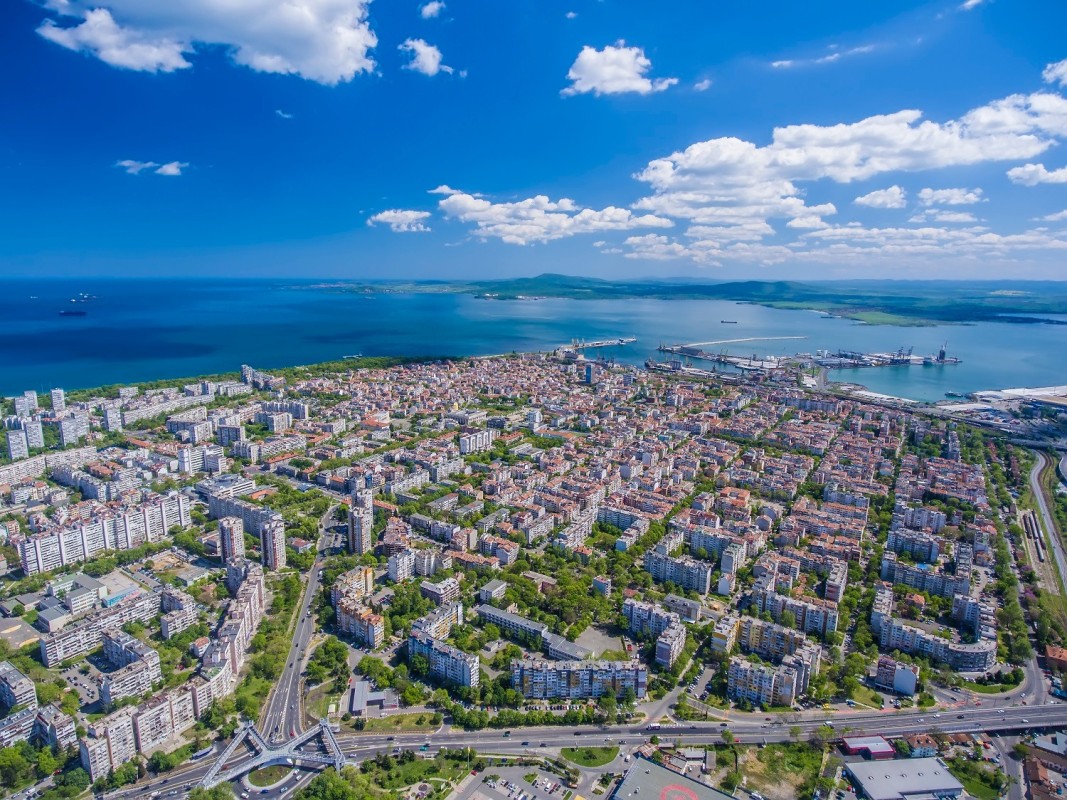



Text by: Veneta Nikolova
Editor: Elena Karkalanova
Posted in English by E. Radkova
Photos: BGNES, BTA, Varna Municipality, Burgas Municipality
In August 2025, Bulgaria’s annual inflation rate stood at 5.3%, same as in July, according to data from the National Statistical Institute. Monthly inflation in August dropped to 0.1%, compared to 1.7% in July. Inflation measured from..
A Bulgarian company is expanding its production of laser cutting machines in the Sofia-Bozhurishte Industrial Park, the Ministry of Economy announced. The investment is worth 2 million leva (over 1 million euros). The company will build a new..
The tariffs imposed on European goods by the Trump administration are expected to have both direct and indirect effects on Bulgarian exports. The Ministry of Economy and Industry has calculated the direct impact at €468 million, while..

+359 2 9336 661
